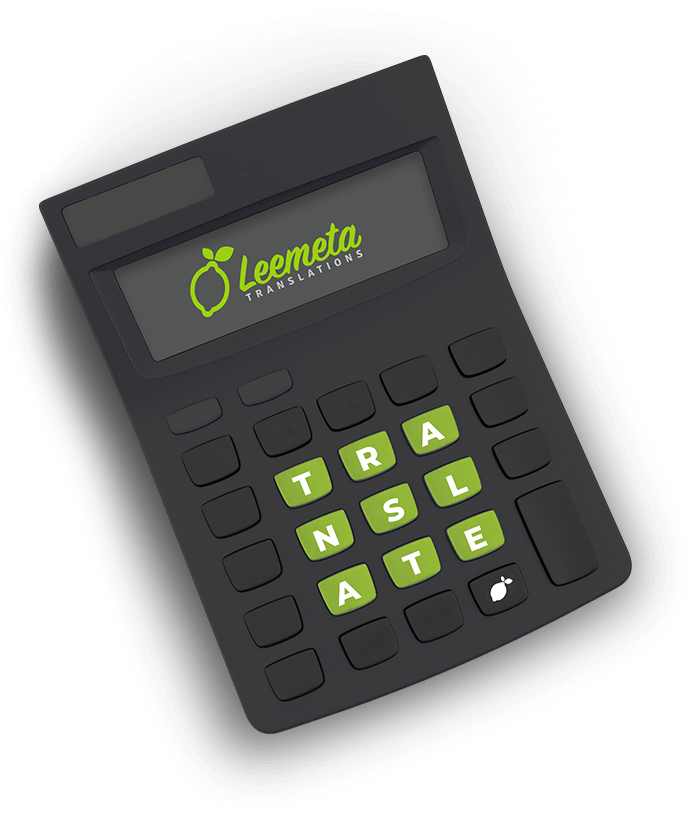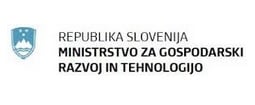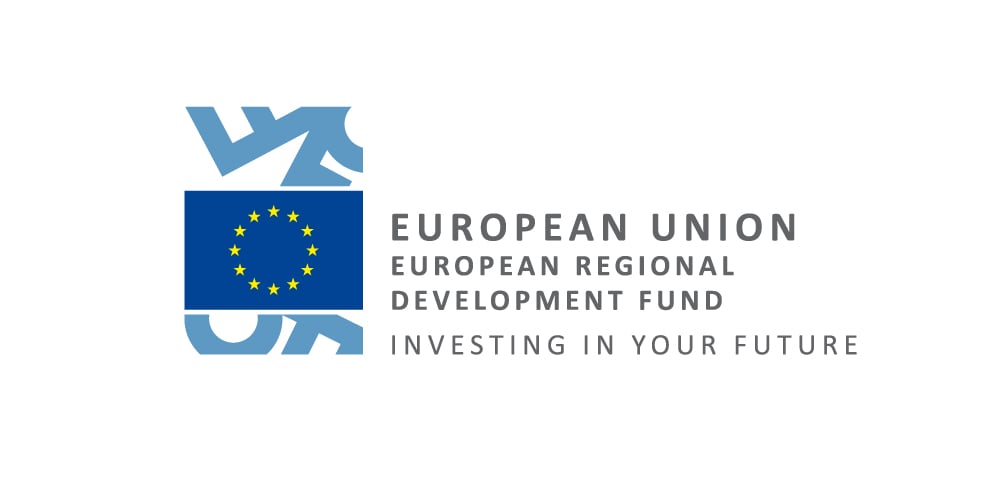Such a serious topic needs a joke to start.
Question: How can you turn an excellent dinner into a crazy boring event?
Answer: Make a tasty meatloaf, put on your favourite music, and invite three technical translators for dinner.
Let’s make something clear: we love technical translators and will always cherish them (the reasons can be found below), however, there is also some truth in this joke. Technical translators who are specialised for a certain field speak a completely different language – if you get them in the same room, the conversation will soon take a turn to jigsaws and intermediate interfaces of vacuum systems with a bayonet attachment (for instance). What can you do? You can take a knife, start cutting the meatloaf, and begin to enjoy yourself – in your own company. ![]()
Why are technical translations so difficult?
The technical field is one of the broadest and most difficult areas.
Technical translators are therefore one of the translators that translation agencies cherish the most.
Why? Because such translators are a rarity with technical translations often being very demanding.
Regardless if it is an instruction manual, product catalogues, manuals, technical data sheets, quality assessment protocols, website for technical or technological companies, declarations of conformity, technical folders, or project specifications – technical texts feature a highly complex terminology with numerous fields constantly developing due to the technological progress. There is also constantly new innovation we might be hearing of for the first time (and still need to be translated). Keeping up with everything is a difficult task that is only mastered by the best.
Let’s warm up
Would you like to know how to recognise a high-quality and perhaps a little less high-quality technical translator based on merely one sentence?
A translator who does not specialise in the technical field will write:
- The aeroplane body is too dark for unshaded airport platforms.
A good translator who keeps in touch with the field at hand and its terminology will prefer the following words:
- The fuselage livery is too dark for unshaded airport tarmacs.
Why is a good technical translator worth their weight in gold?
No one is born a good technical translator
Regardless of how talented a linguist might be, they are not a born technical translator. To obtain that highly regarded status, it takes years and years of learning the source and target languages, an in-depth knowledge of the technical field, keeping up with its progress, as well as a specialisation for certain fields. The technical field is very broad. It covers everything from structural engineering, machine engineering, microelectronics, laser technology, mechanics, electronics, mechatronics, nanotechnology, renewable energy, engineering to energetics, environmental technology, mobile technologies, telecommunications, etc.
Surgical precision
A technical translator needs surgical precision during their work. If they are sloppy or inconsistent, the consequences can be grave – from an interruption of the workflow, standstill of the production and damages on the equipment to hazards for the users.
Key features
A quality technical translator shall know the specialised terminology, understand the contents and the purpose of the source text precisely, needs to know how to look for suitable resources when facing an unknown term, shall be able to consult experts in the field and master a whole range of other skills that will be mentioned further on.
Of course a translator does not need to know everything an engineer who designed the machine knows. They need to, however, understand the functioning of the machine if they wish to translate the manual correctly.
Technical translations require much more than just the understanding of words and phrases – to be able to make a logical translation of, for example, the instruction manual for a lathe, the translator needs to understand its operation so they can find the meaning in more hard-to-understand sections relating to how individual components are linked.
3 Holy Grails
Translating demanding texts, in our case technical texts, requires the 3 Holy Grails: clarity, precision, and simple understanding. An experienced technical translator carrier these in their heart.
Following the standards
A good technical translator follows the standards of the industry, certificates, and directives defining the technical terminology. Which means they are mandatory.
Application of tools for greater consistency
Translating technical texts requires absolute precision – due to a vast amount of numbers and units of measurement a technical translator must follow the source text with extreme accuracy and use CAT tools (QA checker) after the translation to additionally verify that all the numbers have been transferred to the translation properly. If the client requires the localisation of the source text, a technical translator must convert the units of measurement into the local ones and adapt them to the market.
A good technical translator also uses CAT tools or computer-aided translation tools, which recognise repetitions within the text and apply them automatically. The client will therefore save time and money, and increase the consistency of the terminology in all of their already translated texts and all the materials that will be translated by the language services provider.
Grammatical expertise
A good technical translator will use specialised terminology, will avoid literal translations, and will use a formal tone. They will avoid subjectivity (3rd person) and follow the narrative tone. The syntactical structures will be clear, without excessive stylistic decor and the text will keep consistent throughout. Numbers up to 10 will be written as numerals even though it is customary to write them as words. A good technical translator knows that words of foreign origin don’t need to be replaced with a word of the origin purely in the target language if the latter is not usually used and it might cause confusion.
In touch with the field
An excellent technical translator will follow the progress of the field they specialise in as well as stay in touch with innovation and the general development in the industry.
Here you go, this is the end of the article – unless you are a distributor, seller, or importer. If you are, read the following paragraph as well – you will not regret it. ![]()
Did you know?
Most frequently, technical texts are instruction manuals that need to be in the language of the target market as per the local legislation.
The legislation often says something like:
“The contents of the instruction manual must be easy to understand for the consumer and must ensure the proper use of the product. When goods are intended for the sale in a certain country, the instruction manual must be entirely in the language of that country. The company must also provide the instruction manual to consumers who purchase products.”













Add new comment